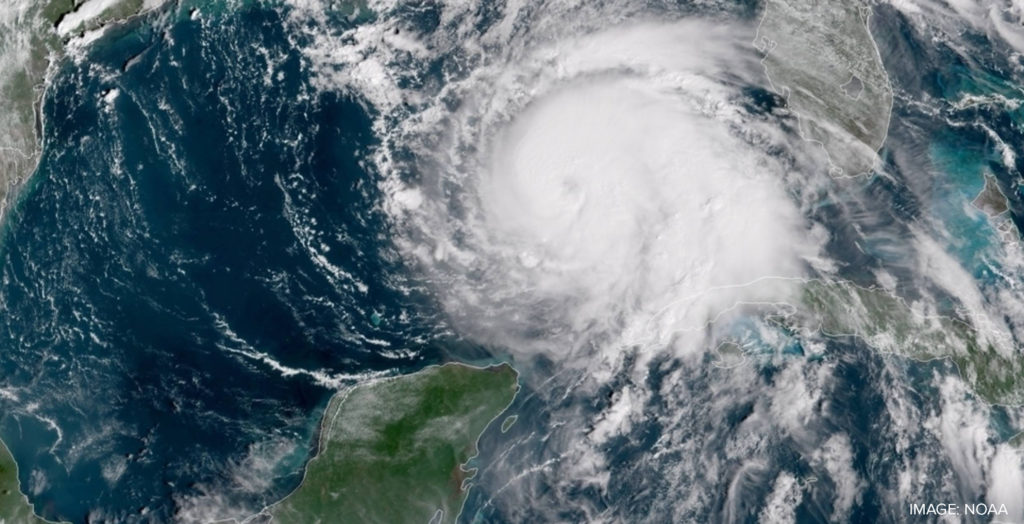Some of the major health concerns arising from hurricanes come from wind, flooding and power outages. In particular, once the worst of the storm has passed, there are still significant health concerns you must consider.
Flooding due to storm surges can damage medications, cause infection of open wounds and increase the potential for transmission of waterborne diseases. Flooding may limit access to safe drinking water. And standing water is a breeding ground for mosquitoes, which can transmit disease.
Power outages mean that you might lose the ability to refrigerate medications that need to be kept at specific temperatures. And a lack of lighting also increases the danger of getting injured as you walk around.
Finally, the combination of flooding and downed power lines present a danger of electrocution.
Here are some resources that can help you prepare for a disaster:




